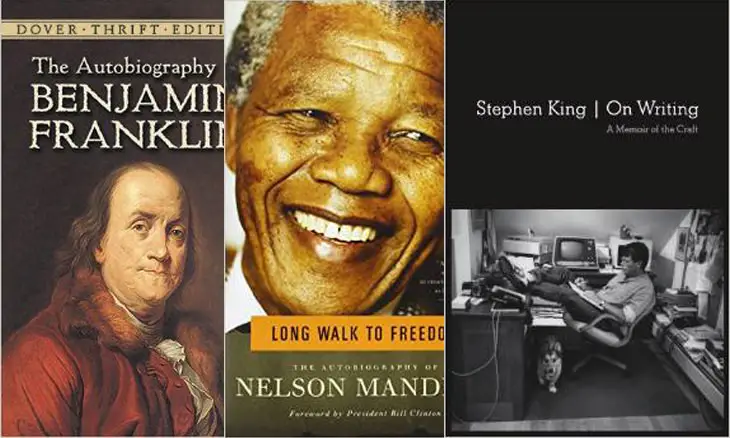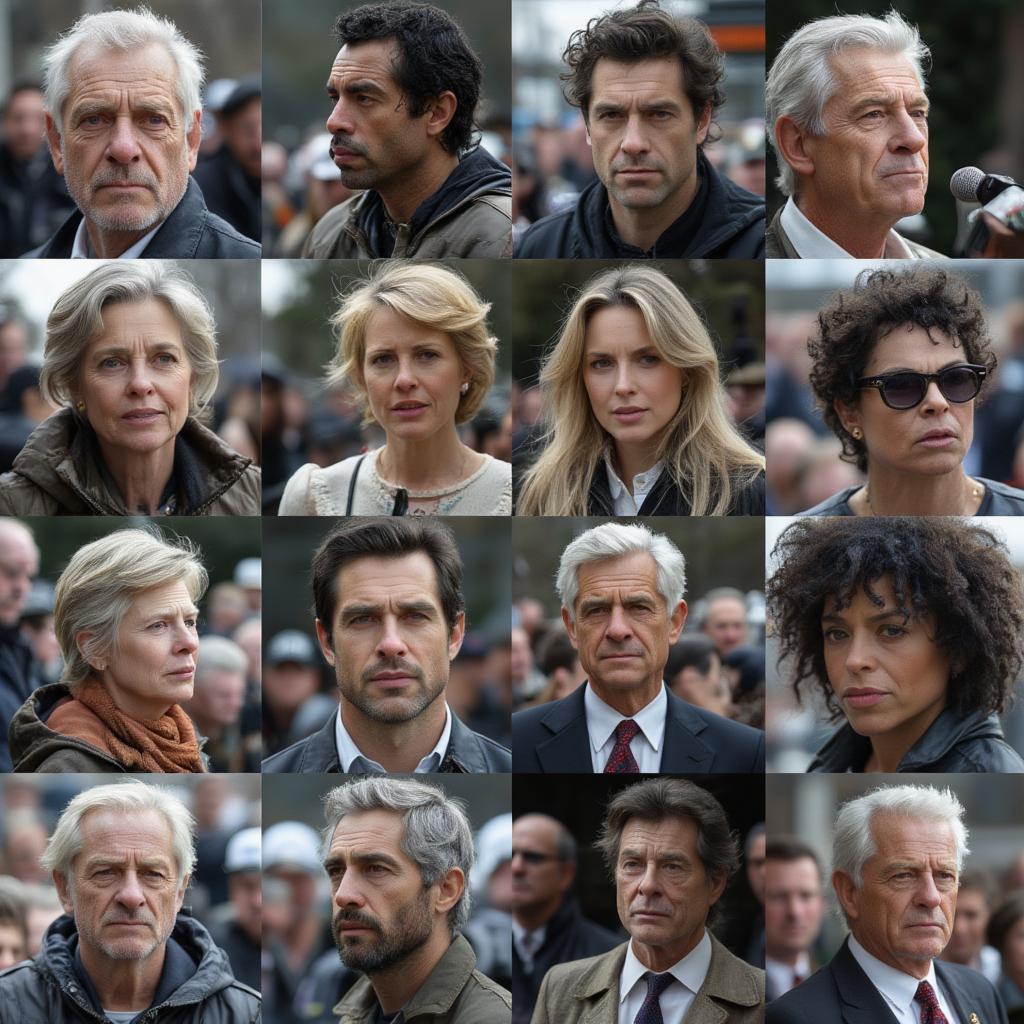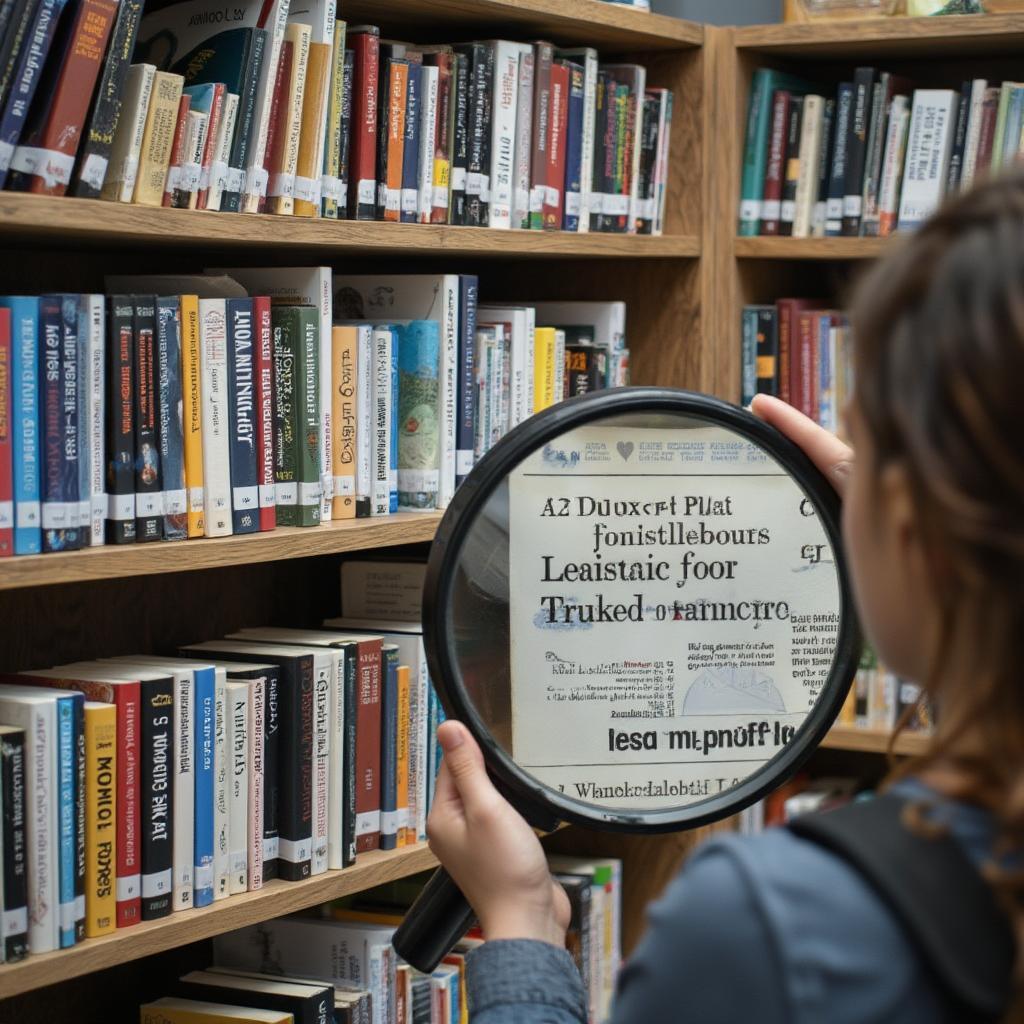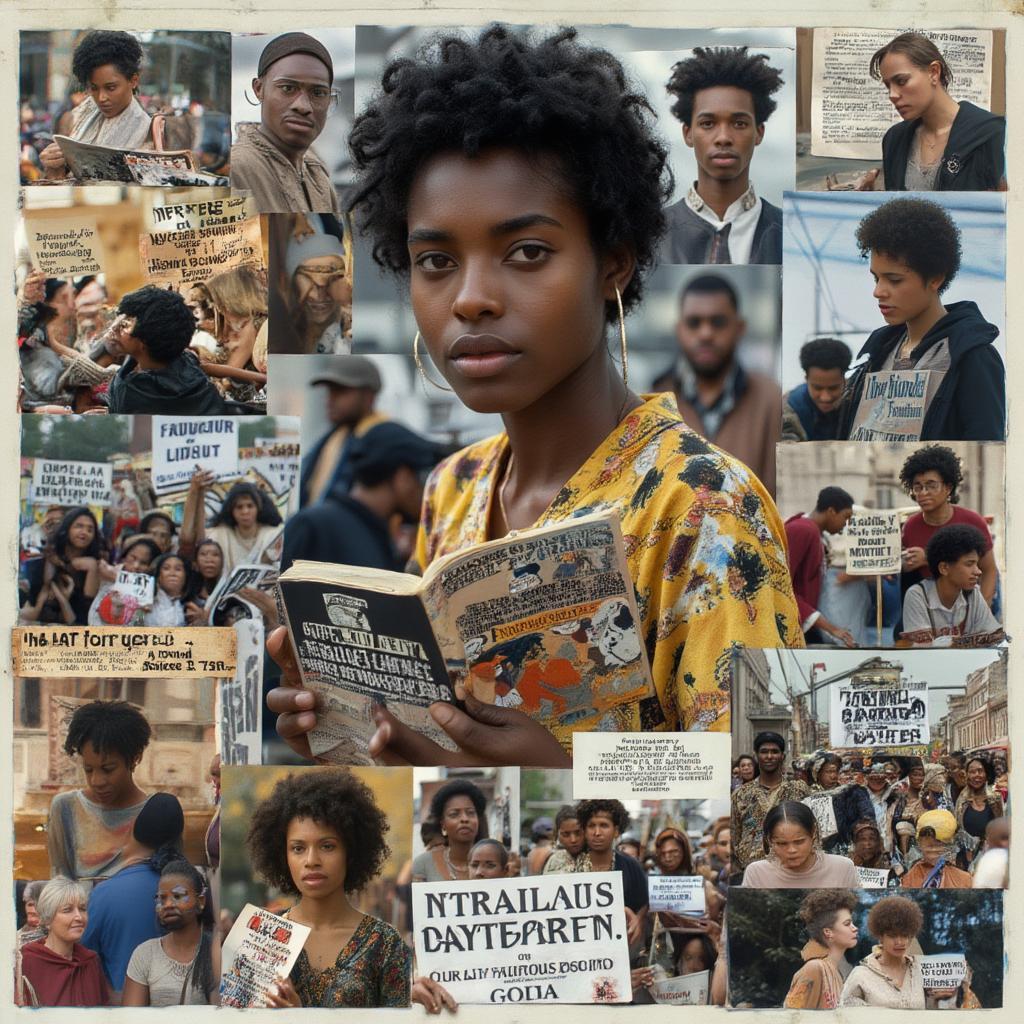Famous Biographies and Autobiographies

Famous biographies and autobiographies have always held a unique place in literary history, acting as mirrors to our societal values and cultural landscapes. These personal narratives transcend mere storytelling; they allow readers to engage with the emotional fabric of human lives across time and cultures. By recounting the triumphs, failures, aspirations, and struggles of remarkable individuals, these works invite us to reflect on our own experiences while broadening our understanding of the world around us.
In essence, famous biographies and autobiographies serve not only as records of individual journeys but also as vital commentaries on the human condition itself. Through the lens of personal experiences, we glean insights into historical contexts that shaped the paths of these figures. Whether it’s Bruce Springsteen grappling with identity in Born to Run or Anne Frank capturing the spirit of resilience in her diary during the Holocaust, these narratives resonate deeply, urging us to embrace our own narratives while acknowledging the greater collective experience.
The Power of Personal Narratives

Exploring the profound impact of personal narratives illuminates their significance in understanding both the individual and collective human experience. In this section, we delve into how personal stories captivate readers, offering both an intimate glimpse into lives lived and broader reflections on societal dynamics.
Famous Biographies and Autobiographies – Individual Journeys: A Window into Humanity

Autobiographies like Born a Crime by Trevor Noah offer a powerful exploration of identity and resilience within a socio-political framework. Noah’s journey from apartheid South Africa showcases not just a personal narrative, but a vivid critique of the complexities of race and belonging.
Through his anecdotes, readers gain insight into the systemic injustices faced by marginalized communities. Noah’s ability to inject humor into painful experiences makes his story relatable and engaging, compelling readers to confront uncomfortable truths about society. This intersection of personal and societal struggles is what makes autobiographies a captivating medium for exploring the human experience.
Moreover, individual journeys reflected in biographies expose the intricate tapestry of choices and consequences that shape one’s life. The story of Alexander Hamilton, as explored by Ron Chernow, underscores how personal ambitions can intertwine with larger historical movements. As readers, we are encouraged to draw parallels between Hamilton’s life and our own aspirations, prompting self-reflection on how our individual stories contribute to the greater narrative of humanity.
Cultural Reflections Embedded in Stories

Biographies and autobiographies often serve as cultural artifacts that encapsulate the zeitgeist of entire communities. Trevor Noah’s Born a Crime not only narrates his personal struggles but also critiques the socio-political dynamics of South Africa, providing a rich context for understanding the challenges faced by diverse populations.
When examining Boy George’s autobiography, Karma: My Autobiography, we delve into issues of fame, addiction, and sexuality, which resonate with broader social stigmas. His candid exploration of personal hardships opens a dialogue about the music industry’s impact on identity and self-worth, encouraging readers to challenge outdated perceptions surrounding fame and mental health.
Cultural reflections embedded in these narratives are what make them timeless; they resonate across generations, igniting discussions about identity, resilience, and the societal frameworks we navigate. By engaging with these texts, readers not only connect with the individual’s story but also grapple with the cultural implications and shared struggles that bind us together.
Connecting Historical Context to Personal Experiences

Engaging with biographies and autobiographies provides readers with a deeper understanding of the historical events that shaped significant figures. Historical contexts enrich our comprehension of individual lives, revealing the interplay between personal choices and the circumstances surrounding them.
For example, consider Walter Isaacson’s biography of Elon Musk. Beyond chronicling Musk’s entrepreneurial journey, the book delves into the technological revolutions he spearheaded, positioning his life within the broader landscape of innovation and change. Musk’s decisions—driven by ambition and vision—reflect the dynamic relationship between personal agency and historical context, inviting readers to contemplate how their choices might similarly influence the world around them.
Additionally, exploring the lives of literary giants such as Vincent van Gogh highlights the duality of artistic genius and emotional turmoil. Irvin Stone’s portrayal of van Gogh emphasizes how mental health challenges intertwined with the artist’s creative process, resonating with contemporary discussions about the pressures faced by creatives today. This connection between personal struggles and historical narratives prompts readers to reflect on their own experiences within the framework of society’s evolution.
The Educational Value of Biographical Works

Biographies and autobiographies extend beyond simple storytelling; they serve as educational tools, enriching our understanding of various fields and fostering critical thinking. In this section, we explore how these narratives illuminate historical contexts and inspire future generations.
Insight into Diverse Fields of Knowledge

Engaging with biographies allows readers to immerse themselves in different areas of expertise, whether it be politics, literature, or science. Through the lens of individual experiences, we gain valuable insights into the challenges and triumphs faced by notable figures.
For instance, the biography of a political leader can unveil the intricacies of governance and the personal dilemmas inherent in leadership. By exploring the life of figures like Abraham Lincoln, we gain a nuanced understanding of the moral complexities guiding their decision-making processes. Biographies become gateways to comprehending the broader implications of political actions and the ethical considerations involved.
Additionally, delving into the stories of literary greats, such as Maya Angelou, enhances our appreciation for the power of the written word. Angelou’s memoir, I Know Why the Caged Bird Sings, transcends personal narrative, touching on themes of racism, trauma, and resilience. Readers are left inspired by the transformative potential of literature, igniting a desire to harness their own voices in advocacy and expression.
Learning Resilience through Life Stories

The educational value of biographies extends to lessons of resilience and creativity, particularly relevant in today’s fast-paced world. Memoirs often highlight the obstacles faced by individuals, offering practical strategies for overcoming adversity.
For example, the struggles faced by Vincent van Gogh—chronicled through Irvin Stone’s biographical work—serve as a testament to the complexities of artistic expression. Van Gogh’s relentless pursuit of creativity amid personal turmoil inspires artists and non-artists alike to navigate their own challenges with determination. His life story becomes a source of motivation, reminding individuals that perseverance often leads to breakthroughs, even amidst despair.
Furthermore, the evolution of storytelling itself is addressed in contemporary works like Beyond the Story, which highlights the changing formats through which life narratives are conveyed. This emphasis on storytelling encourages discussions about authenticity and representation, prompting readers to reconsider the ways in which they engage with their own narratives and those of others. The educational dimension of biographies fosters a culture of reflection, dialogue, and learning, shaping a more informed society.
Bridging Gaps Between Different Lived Experiences
Biographies and autobiographies act as bridges connecting diverse lived experiences, promoting empathy and cultural literacy. By exploring the narratives of individuals from various backgrounds, readers are compelled to engage in multi-faceted dialogues about social issues.
Consider how a book club discussing Angela’s Ashes can draw connections to contemporary social issues, such as poverty and education inequality. This integrative approach encourages members to reflect on both individual circumstances and broader societal frameworks, fostering a sense of communal responsibility.
As readers navigate the personal struggles laid bare in these texts, they uncover reflections of not only the individuals themselves but of society as a whole. Engaging with these narratives cultivates empathy, enabling readers to appreciate the nuances of different perspectives. By bridging gaps between diverse experiences, we foster a culture of understanding that transcends boundaries, allowing for richer conversations about pressing social issues.
The Transformative Nature of Autobiographies

Autobiographies hold a special power in the literary canon, serving as transformative narratives that resonate with readers on both personal and cultural levels. In this section, we examine how autobiographical works contribute to self-discovery and societal awareness.
The Journey of Self-Discovery
At their core, autobiographies are often journeys of self-discovery, allowing authors to reflect on their life experiences and articulate their identities. Through this process of introspection, writers unravel the complexities of their pasts, shedding light on the factors that shaped who they are.
Trevor Noah’s Born a Crime epitomizes this journey as he navigates the complexities of growing up in a racially divided society. His reflections on identity and belonging resonate with readers, inviting them to explore their own paths of self-discovery. As Noah shares vulnerable moments, readers find solace in knowing they are not alone in their struggles to understand themselves within the context of societal expectations.
Moreover, autobiographies often reveal the layers of influence—both personal and external—that shape an individual’s identity. Figures like Boy George, through Karma: My Autobiography, expose the highs and lows of fame while addressing the impact of societal pressure on personal well-being. This unflinching honesty encourages readers to confront their own vulnerabilities, paving the way for introspection and growth.
Raising Awareness of Societal Issues
Autobiographical accounts serve as powerful vehicles for raising awareness of societal issues, challenging readers to confront uncomfortable realities. Authors use their experiences to shed light on topics such as racism, addiction, and mental health, sparking essential conversations.
Take Anne Frank’s The Diary of a Young Girl, for instance. Frank’s poignant reflections on her life in hiding during the Holocaust bring forth the horrors of persecution while highlighting the resilience of the human spirit. Her voice remains a vital reminder of the importance of tolerance and empathy, urging readers to combat injustice in all its forms.
Similarly, narratives like Karma: My Autobiography bring attention to issues surrounding addiction and self-acceptance. Boy George’s candid exploration of his struggles offers a platform for discussing mental health challenges within the context of fame and success. By sharing their truths, autobiographers encourage readers to confront societal stigmas, fostering a culture of openness and understanding.
Inspiring Collective Action and Change
The transformative nature of autobiographies extends beyond personal reflection; they inspire collective action and change. When readers connect with the stories of individuals who have overcome adversity, they are often motivated to effect positive change in their communities.
By examining the lives of influential figures, readers gain valuable perspectives on activism and social justice. For instance, the life of Rosa Parks, as depicted in numerous biographies, serves as a rallying cry for civil rights movements. Her courageous stand against racial segregation inspires readers to take action against injustice, reminding us that each individual has the power to create meaningful change.
Furthermore, autobiographical works often highlight the interconnectedness of personal struggles and broader societal issues. Through this lens, readers are empowered to become advocates for change, recognizing that their stories—however small—contribute to the larger narrative of humanity. The transformation initiated by autobiographical accounts encourages a renewed commitment to empathy, solidarity, and collective action.
Conclusion

In reflecting upon the profound impacts of famous biographies and autobiographies, we see how these narratives transcend time and culture, weaving together the threads of individual journeys and collective experiences. They serve not merely as chronicles of lives lived but as analytical tools that prompt deeper explorations of history, culture, and human resilience.
Whether through the gripping narratives of rock stars, the poignant reflections of young girls facing persecution, or the candid accounts of cultural icons confronting societal stigmas, these texts resonate deeply with readers. They compel us to reflect on our own journeys while illuminating universal truths that bind us together as a collective human experience.
Ultimately, the stories we share—be they personal or biographical—become gateways into understanding humanity itself. By embracing the power of personal narratives, we recognize the significance of our individual stories, inspiring empathy, understanding, and perhaps even a call to action in the face of societal challenges. As we continue to engage with these transformative narratives, we cultivate a more compassionate and culturally aware society, enriched by the lessons learned from the lives of those who dared to share their truths.




